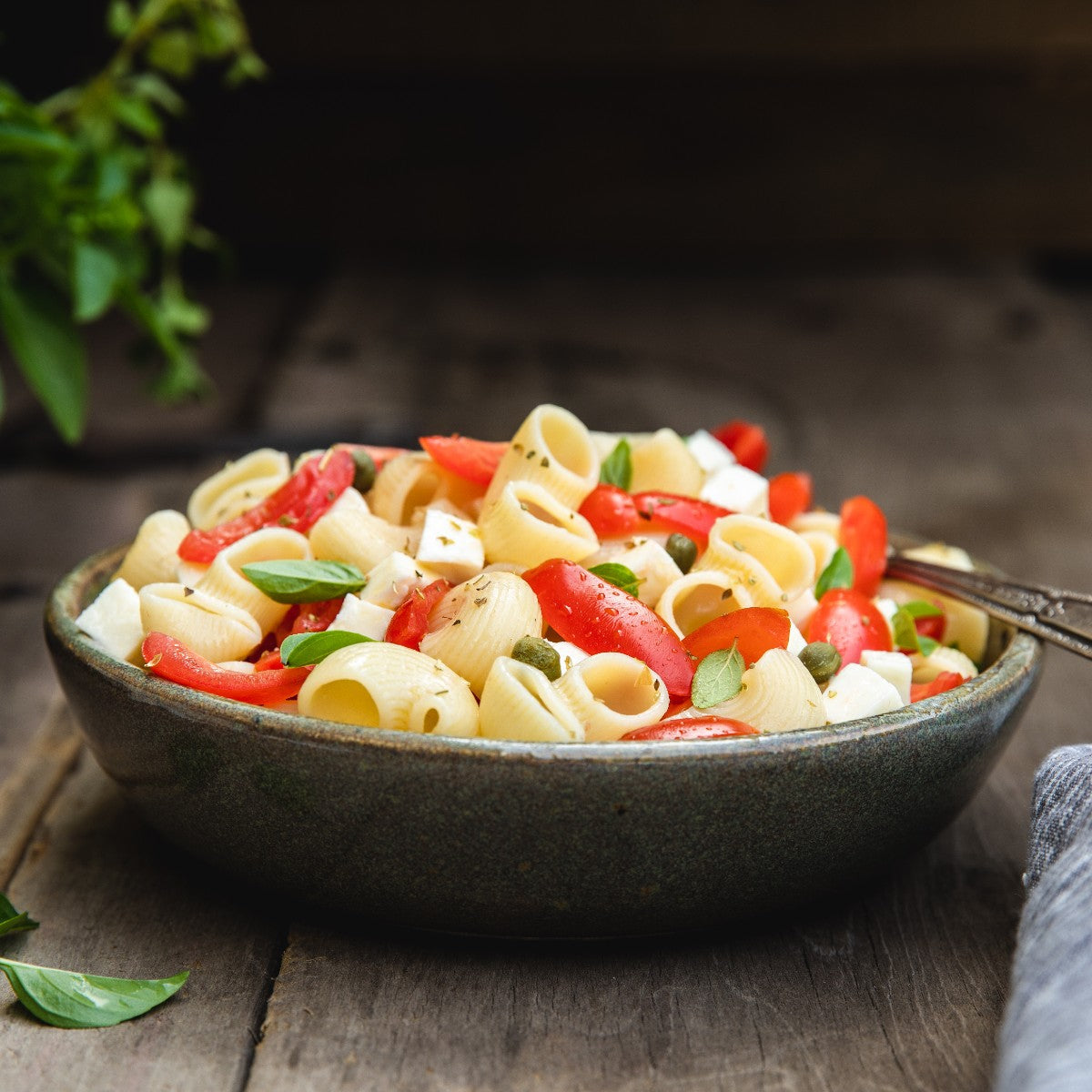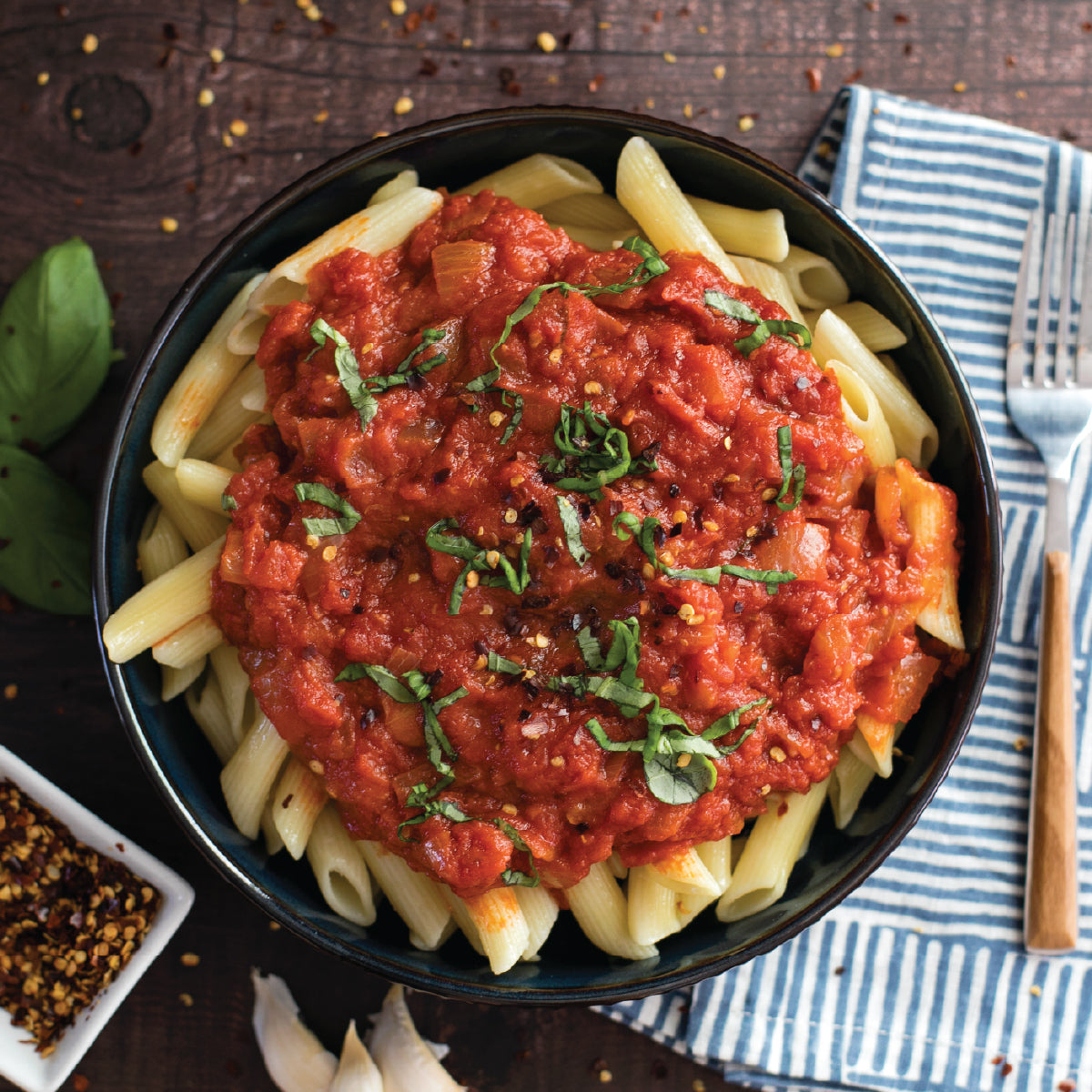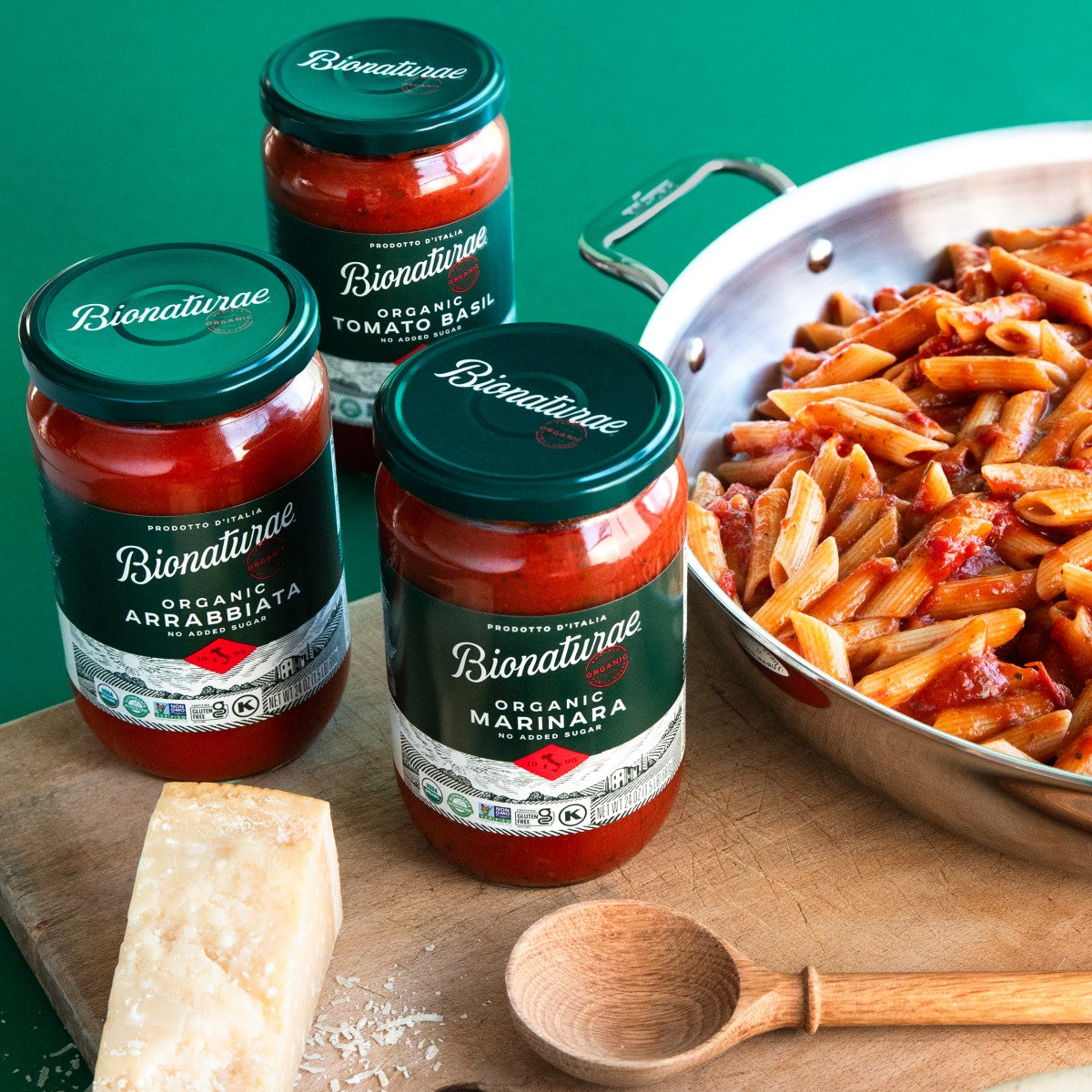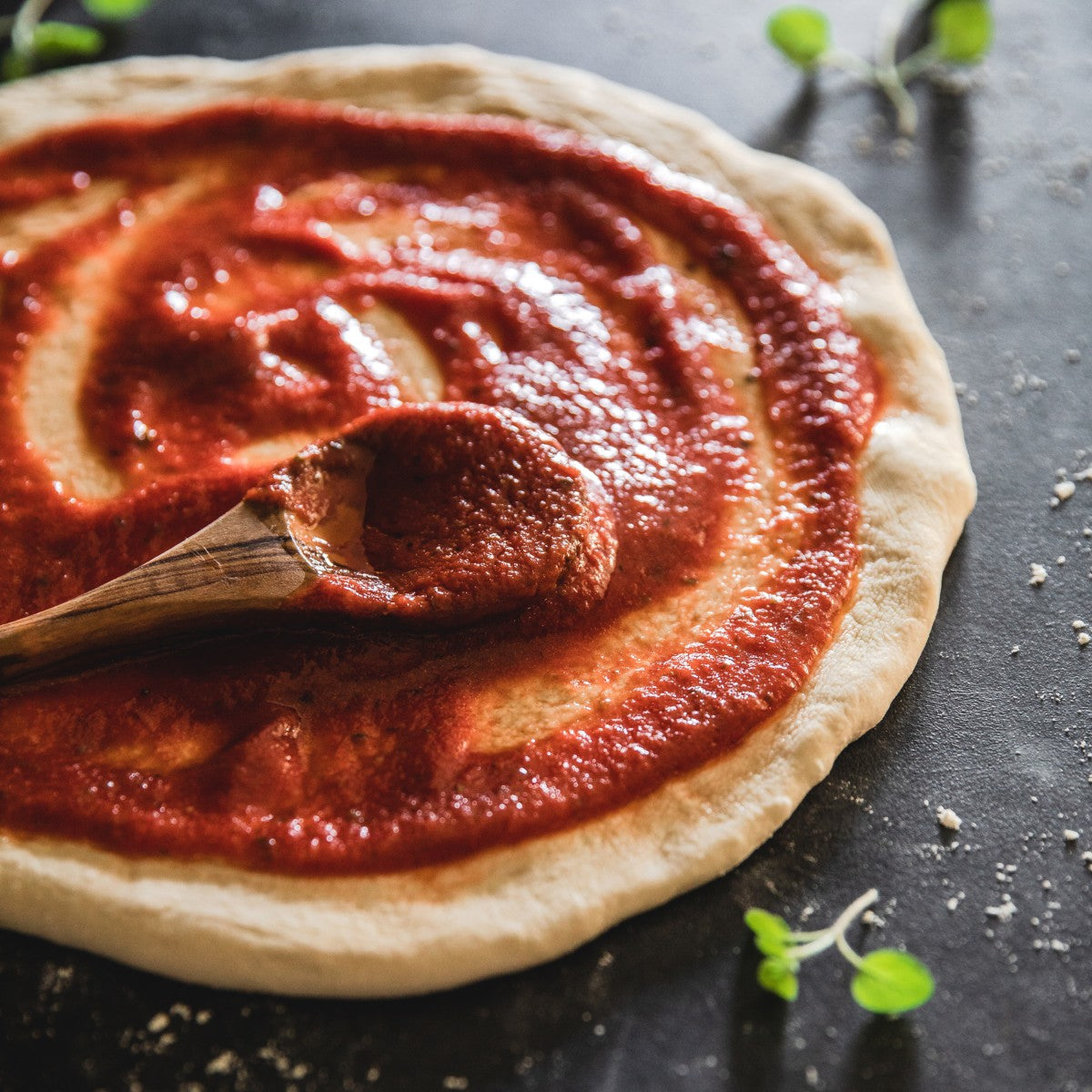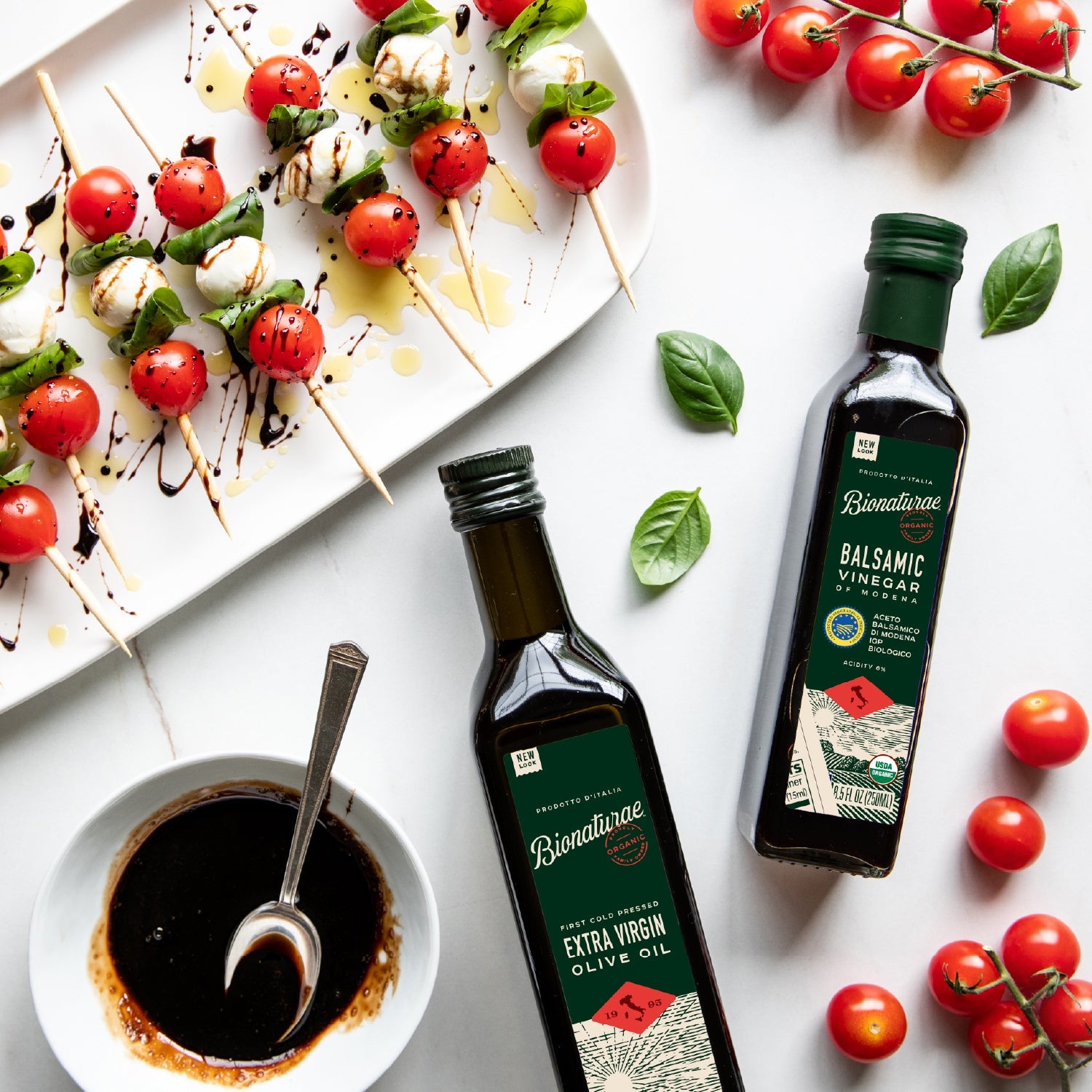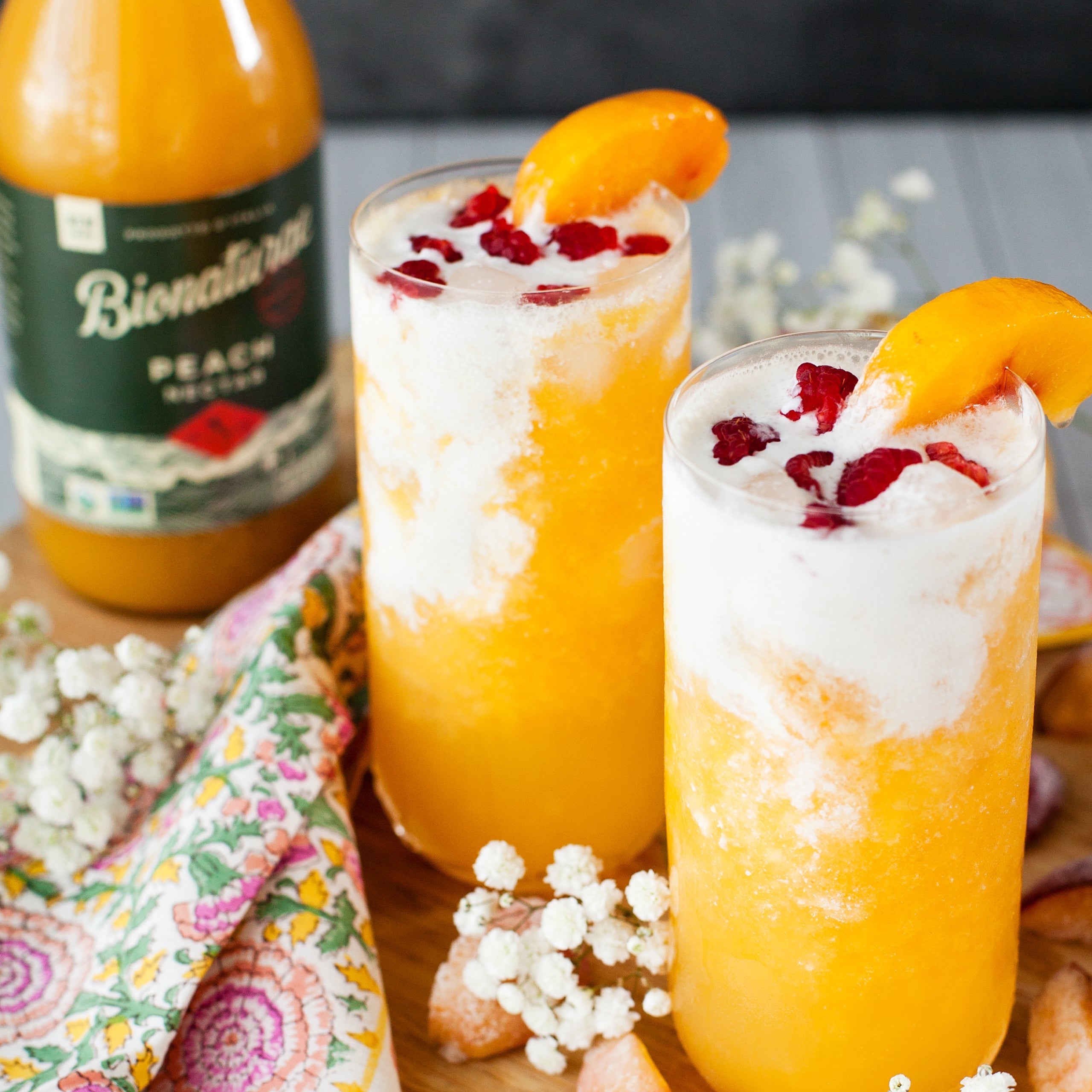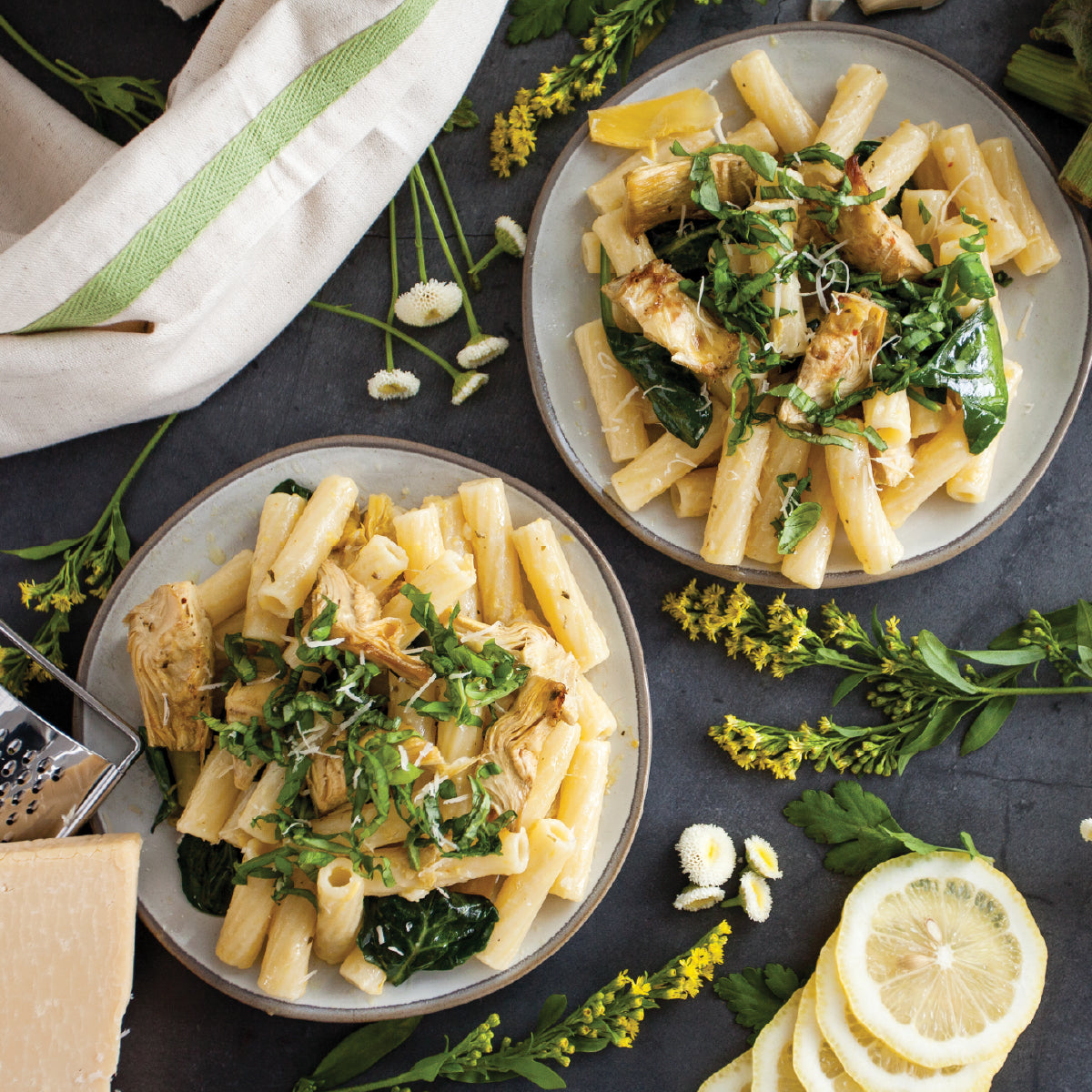FAQs
Subscription
-
- Save money every time: Enjoy an exclusive discount on every subscription order!
- Convenient & flexible: Set your schedule and adjust or cancel anytime, hassle-free.
- Never run out: Get your favorites delivered regularly, right when you need them.
-
To modify subscription, login to your account. Click "Manage Subscriptions". Click on one of your active subscriptions. From here, you can modify the quantity, delivery time, skip the subscription or cancel it all together. This is also where you can go to update your payment method for all future subscriptions.
-
To start a subscription, go to the product page and select "Subscribe", and quantity. Choose whether you want your subscription delivered every 30, 60 or 120 days. Then click "Add to Cart". Checkout to finalize your subscription.
-
Discount codes cannot be combined or added to subscription orders.
Online Store
-
If you neglect to enter your coupon at checkout we will put a store credit on your
account for the discount you are owed if you contact us immediately.We are unable to process refunds for missed discounts. Credit will only be applied to orders that have met discount parameters and will not be offered if other discounts were taken on the order. -
No, we are sorry we cannot offer retroactive or proactive discounts. Please be sure to use your My Rewards points when you miss
a sale! -
Please be sure to enter your discount codes and My Rewards points and then check your
order total again to be sure it is still above $99 or you will be charged shipping. -
Please check your tracking to be sure you do not have more boxes in transit. Your shipment confirmation email includes your master tracking number that will show you the status of all boxes in your shipment. In FedEx click the ‘view details’ button to see all boxes. If you are missing items after all boxes have been delivered please contact us so we can ship you what is missing.
-
Please be sure you are using the coupon code properly and that you understand
parameters.Coupons exclude all discounted, promotional and exclusive items such as the 3 pack of olive oil, the baking kits, the sourdough starter and others. Some coupons require the purchase of an item to get a discount on another item. Coupons that offer free items require that you put the item in your cart then use the coupon code to remove the charge.All coupons are good for one use per email. -
Be sure you are logged into your account or
your points (or store credit will not show at checkout. To redeem, you must first turn your points into a coupon code and then apply the code to your order. You can see all of your activity and control your points from the My Rewards section of your account. 100 points = $5 and you may redeem awards in $5 increments.
Tomatoes
-
Bionaturae canned tomatoes are packed in new cans that have a BPA free lining. Having a can that is made with a BPA free lining is a positive step in the right direction. However, we want to be honest in communicating to our consumers that this does not guarantee a 100% BPA free product due to the possibility of cross-contamination with other lining material that does contain BPA when the tin is manufactured. At this time, we do not know of any dedicated BPA free tin or can manufacturing facilities. We will continue to stay on top of this issue and make every effort to supply you with the safest option available.
-
Absolutely not. Italian tomatoes are naturally sweet, and we do not use anything outside of what is declared on each label.
-
Our strained tomatoes and tomato paste do not contain seeds or skin and are safe for lectin-free diets. Our canned tomatoes do have the skins removed but there may be small bits of skin that remain. Our canned tomatoes do contain seeds.
-
Our canned and strained tomatoes are not cooked – they are steamed to remove skins and then pasteurized to seal but they are not cooked. Our tomato paste is cooked down to remove water content and concentrate the flavor.
-
Our tomatoes are perfectly ripened plum shaped Roma type tomato. They are not from San Marzano.
Olive Oil
-
Our extra virgin olive oil is cold-pressed, meaning the temperature during pressing never goes above 80 degrees Fahrenheit.
-
The acidity of our oil ranges from 0.29% to 0.32%.
-
Our extra virgin olive oil is minimally filtered to remove excess sediment and pulp from pressing.
-
Our Bionaturae olive oil is made from 5 varieties -frantoio, leccino, leccio del corno and two local varieties called favarol and nostrano.
Balsamic Vinegar
-
No. Our balsamic vinegar is not pasteurized and is live vinegar that will continue to age over time.
-
No. Our grape must is a naturally dark color so we do not add caramel color to our product.
-
Yes it is. No animal or gelatin products are used in the making of this product.
-
We do test our balsamic for lead. The levels of lead in our organic balsamic vinegar range from .24 - .36ug/day. This is under the 15ug/day limit for cancer toxicity and also close to half the .5ug/day limit for reproductive toxicity. At present, the European Union lead limit is 3ug/day. We are unable to filter lead out of the product. However, we grow our grapes in select farms and test all of our raw material for lead levels before we make our product.
Fruit Spreads
-
Yes. Our fruit spreads contain a very low level of total sugars so they must be refrigerated. It is best to consume the product within 7-10 days of opening.
-
Yes. The ascorbic and citric acid we use can be derived from GMO-free certified corn and from citrus fruits.
-
Yes. Our bilberry fruit spread is free of both ascorbic and citric acid.
-
Our fruit spreads are made with no cane or beet sugar, just sweetened with apple juice concentrate. We actually prepare the apple juice concentrate ourselves. In order to thicken the product, we use natural fruit pectin that only performs at a certain pH. We must adjust the pH of certain fruits slightly by using citric acid so the spread can thicken. Ascorbic acid or Vitamin C is added to protect the fruit from oxidizing and turning dark overtime when the jar is exposed to light.
-
We use natural fruit pectin that is derived from citrus fruits.
Fruit Nectars
-
Yes. Our fruit nectars are pasteurized and shelf stable. You can store them outside of the refrigerator until opened, but they must be refrigerated after opening.
-
We recommend consuming our fruit nectars within 5 days of opening. After this period of time, fruit products may begin a natural process of fermentation.
Pasta
-
The mix of semolina and water is extruded through a die to form its shape. Today, pasta factories normally use dies made of Teflon® because they are easier to work with. We use traditional bronze dies, which help to form a coarser surface on the pasta during extrusion. A coarser surface will absorb your favorite sauce better after being cooked.
-
After cooking, a 2 oz. serving of pasta will be 1 to 1¼ cups of cooked pasta.
Help Me Find your products
-
You can find the list of where our products are sold here. Check back if you don't see a location near you. We are continuously adding more locations.
-
Natura Market is a great option for those shopping in Canada. iHerb and Vitacost ship to Canada and several other countries around the world.
